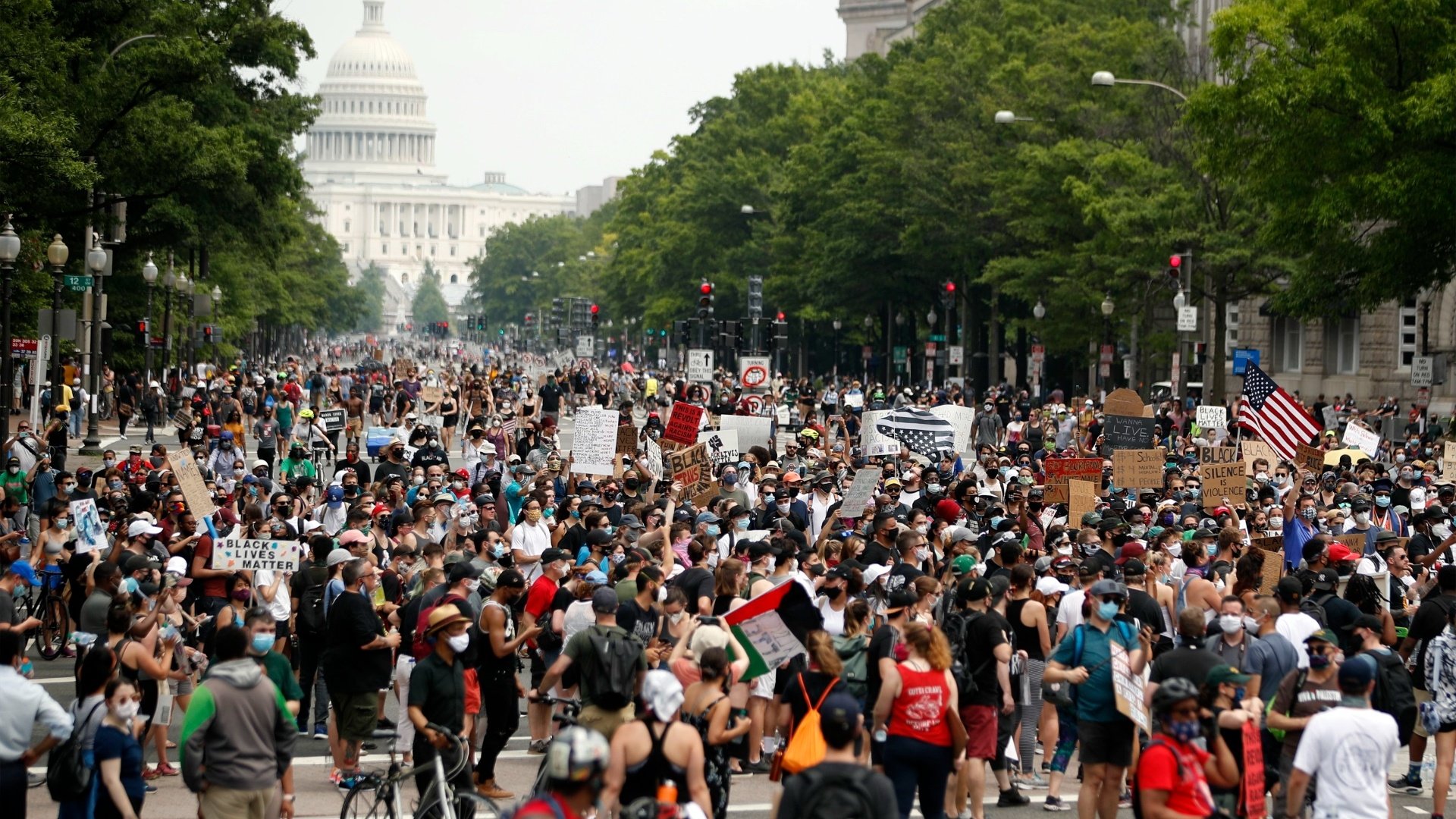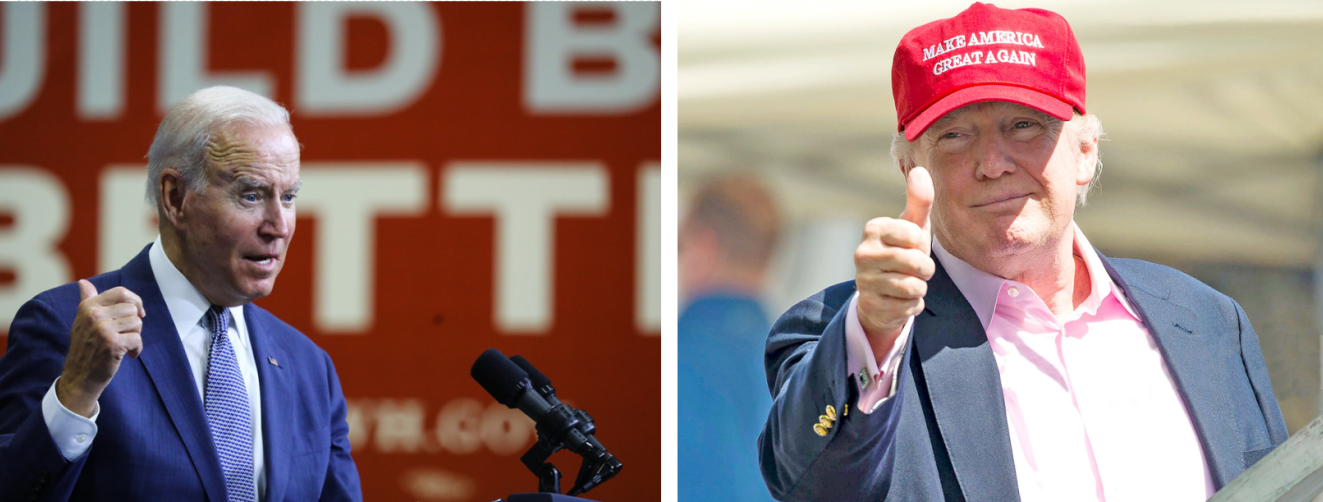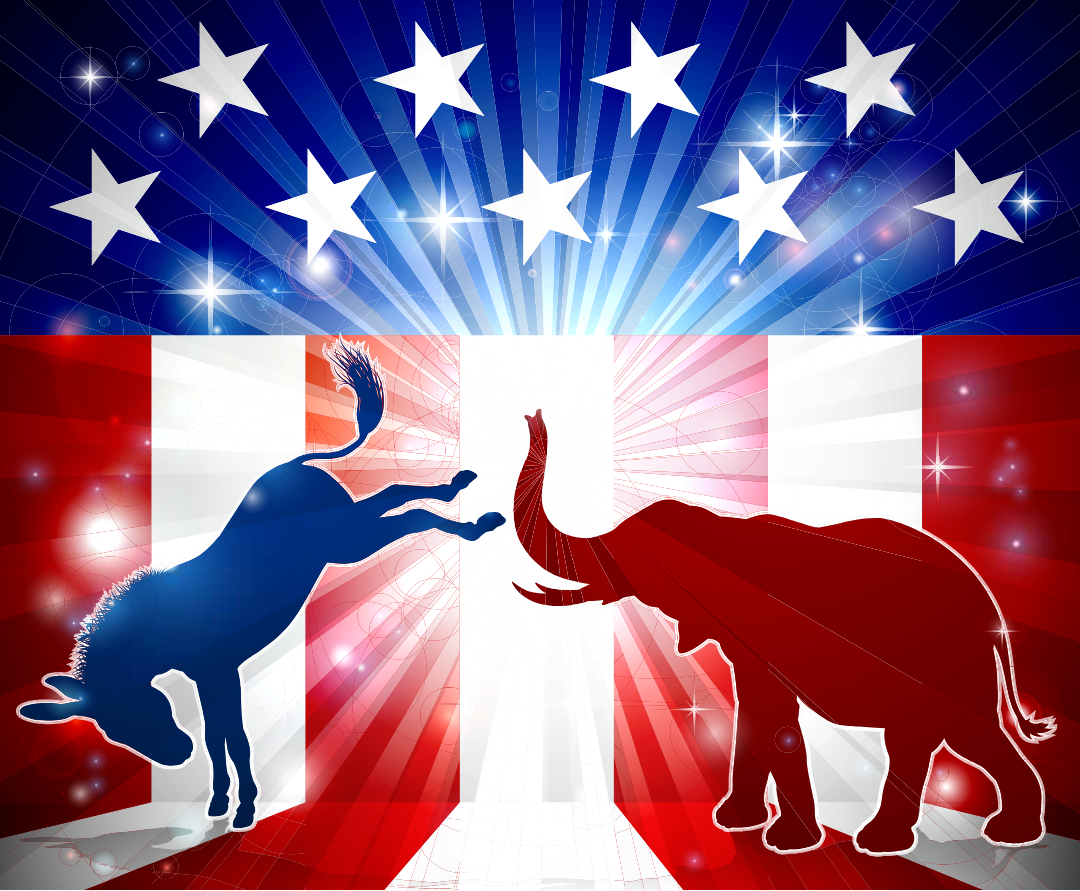An eye-opening piece in The Washington Post highlights the transformative power of empathy in mending the deepening chasm of American politics.
What to Know:
-
80% of Americans regret political division and seek cooperation.
-
A Stanford study found that political conversations scored 100/100 on pleasantness.
-
Many Americans overestimate how extreme their rivals are, viewing them as twice as antidemocratic.
-
Cognitive distortions like black-and-white thinking fuel negative political emotions.
-
Media distortion amplifies polarization, misleading the public about the political landscape.
Political polarization in the U.S. has reached unprecedented levels, with Americans feeling more divided than ever. However, insights from cognitive psychology offer a pathway to healing this rift. The same mental habits that intensify division—such as cognitive distortions and misperceptions—can also be the key to reducing hostility and fostering healthier political discourse.
By addressing the psychological roots of polarization, such as exaggerated views of political rivals and encouraging empathy, it's possible to reduce political hostility and rebuild civil conversations. As highlighted in a recent Washington Post article, these psychological shifts may be critical in mending the growing divide in American politics.
The Psychology Behind Polarization
One significant factor in political polarization is how individuals process political information. Cognitive distortions—like overgeneralization, black-and-white thinking, and selective attention—play a major role.
|
Party Bias: People tend to view their own political group as reasonable, while seeing the opposing side as extreme, immoral, or dangerous. This creates a simplified, yet exaggerated, version of political reality. |
Psychologists have found that these cognitive patterns resemble those seen in anxiety and depression, where distorted thinking deepens negative emotions. In the political sphere, these mental habits fuel anger, fear, and resentment, making political opponents seem irredeemable.
This idea is supported by research from Stanford University, which found that participants in discussions with Americans who held different political opinions evaluated these exchanges as pleasant, scoring 100 on a 100-point scale. More than 160 Americans participated in the trial. This suggests that when people actually talk to their political rivals, their negative preconceptions don’t hold up, indicating the significant role distorted thinking plays in exacerbating polarization.
Misperception and Political Rivals
One of the most damaging cognitive distortions is the exaggerated perception of how extreme political opponents truly are. A recent study found that participants estimated their political rivals to be twice as antidemocratic as they actually are. This misperception drives much of the hostility that fuels polarization. When people believe their opponents reject democratic values, they are more likely to see them as a threat, further deepening the divide.
|
In Action: For example, during the 2020 U.S. presidential election, many Trump supporters believed that Joe Biden and his followers wanted to undermine democratic values by rigging the election. On the other hand, some Biden supporters viewed Trump and his base as a threat to democracy due to claims of election fraud and attempts to overturn the results. This mutual perception of each side rejecting democratic principles led to heightened distrust and hostility, further polarizing both camps. |
This misperception cycle, though, is breakable. By providing people with accurate information about the views of the opposing side, these exaggerated fears can be reduced. Studies show that when people learn their political rivals aren’t as extreme as they thought, their negative feelings lessen. This cognitive shift offers a pathway to more productive political engagement.
Cognitive Behavioral Therapy and Polarization
The roots of this approach to correcting distortions can be traced back to cognitive-behavioral therapy (CBT). Sixty years ago, psychiatrist Aaron Beck revolutionized the understanding of mental illness by showing how distorted thought patterns contribute to emotional suffering.
Beck’s approach—challenging irrational thoughts and replacing them with more balanced perspectives—can also be applied to political polarization. Just as CBT patients learn to question their exaggerated fears or negative self-judgments, it is believed that individuals can be encouraged to challenge their overly negative assumptions about political opponents.
Media’s Role in Polarization
The media, both traditional and social, amplifies polarization by giving disproportionate attention to extreme voices, even though they represent only a fraction of the population. Campaign Now released an e-book explaining in depth how this creates the illusion that the country is more divided than it actually is. The more individuals are exposed to these extreme narratives, the more entrenched their polarized thinking becomes.
This distorted media portrayal plays a significant role in the overwhelming 80% of Americans who regret the country's division and seek greater cooperation. The Washington Post article also emphasizes the importance of promoting media literacy and critical thinking when consuming news.
By encouraging individuals to critically assess sensationalist portrayals of political issues, we can mitigate polarization. Recognizing the biases and manipulations present in media framing allows individuals to safeguard themselves from being pulled deeper into divisive narratives.
Restoring Civility Through Dialogue
While political polarization feels like a monumental challenge, there is growing evidence that dialogue can play a vital role in reducing divisions. The same Stanford University experiment that rated cross-political discussions so positively shows that meaningful, structured conversations can dismantle preconceived notions.
When people engage in empathetic discussions, they often leave with a better understanding of the other person’s perspective, even if they don’t agree, suggests David Johnson in his article, The Importance of Taking the Perspective of Others. This process humanizes political opponents, shifting the focus from extreme differences to shared values.
Initiatives that unite individuals on different sides of the debate can also aid in the restoration of civility and trust. Through community programs, educational workshops, or even moderated online forums, individuals can find common ground, or at least come away with a more respectful understanding of each other.
Moving Forward: A Path to Unity
Fighting the mental fallacies that cause division is ultimately the key to lessening political polarization. When Americans recognize that their assumptions about the other side are often exaggerated, they can begin to bridge the gap. Political discourse won’t always lead to agreement, but by fostering empathy and promoting accurate information, it can become less hostile.
By engaging in dialogue, correcting cognitive distortions, and approaching politics with empathy, there’s hope for a more constructive political future. Even in an era of extreme polarization, cognitive psychology provides valuable tools to guide the country toward a healthier, more unified path.





